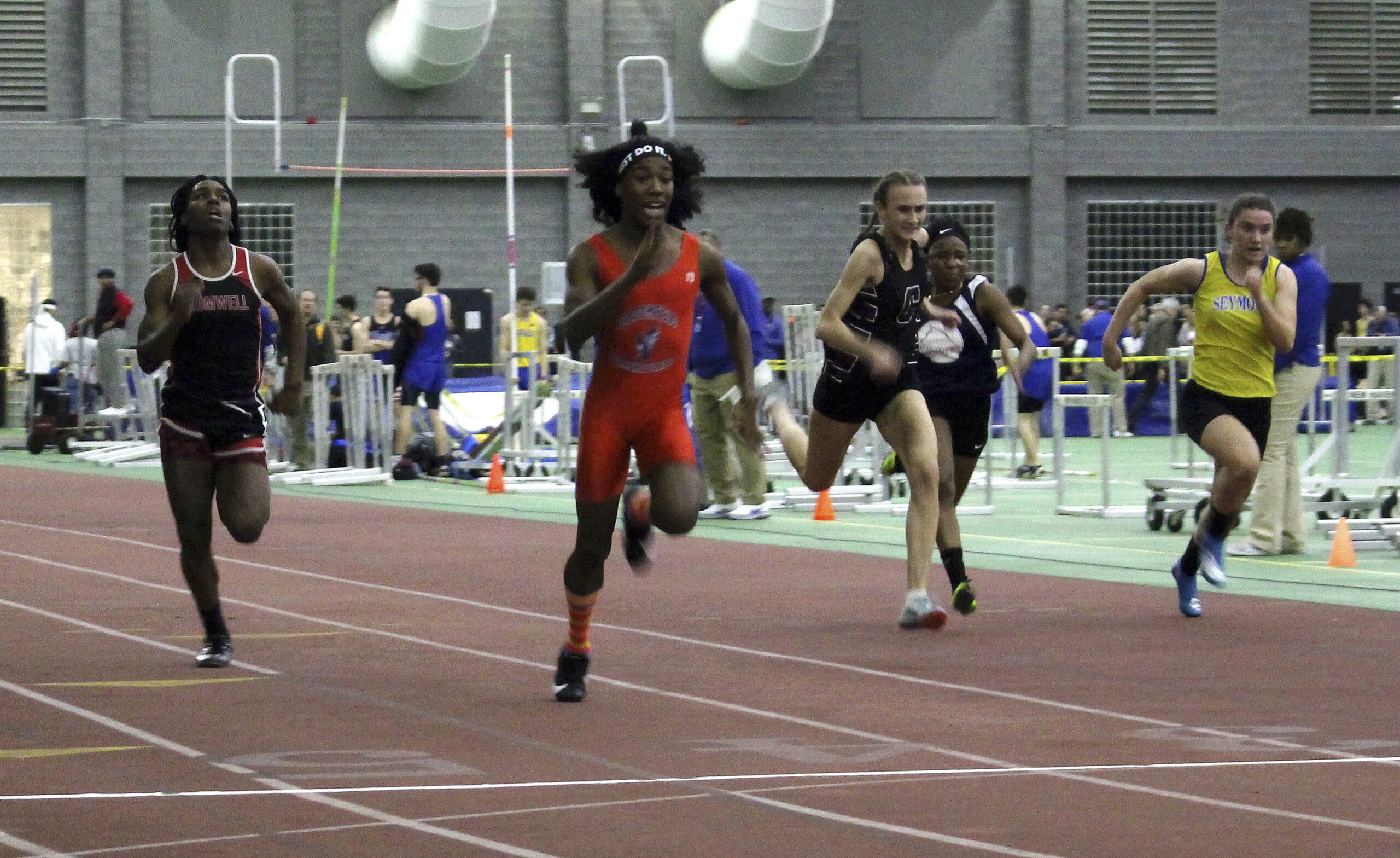MORGANTOWN – A House bill to bar transgender athletes from participating in certain sports won the approval of the Judiciary Committee on Friday.
HB 3293 would apply to single-sex teams and sports under jurisdiction of the Secondary Schools Activities Commission, such as boys and girls basketball or tennis. It would not affect sports where there are no alternatives, such as football, or sports where boys and girls participate on the same team.
It says the county must verify via a birth certificate stating the athlete’s sex at birth that the athlete is eligible to participate. In the absence of that proof, the athlete must provide a signed physician’s statement indicating their sex based on their “unaltered internal and external reproductive anatomy.”
The most prominent transgender athlete controversy is in Connecticut, where two athletes born as boys began identifying as girls in the late teens and began participating in girls track and won 15 state girls’ championships, according to news reports. A 2020 lawsuit regarding that issue is still in progress.
During questioning Friday, committee counsel confirmed that there are no no current problems in any West Virginia counties.
Counsel also said the only federal court case possibly touching on this issue is the Fourth Circuit Court of Appeals’ Grimm case. The court ruled that a Virginia school violated Title IX by prohibiting a transgender male from using boys’ bathrooms. The ruling didn’t deal with locker rooms or sports but did wrap in an employment discrimination case.
That case has been appealed to the U.S. Supreme Court. West Virginia falls under the Fourth Circuit’s jurisdiction.
Cathryn Oakley, state legislative director and senior counsel at the Human Rights Campaign, was the only person to testify before the committee. She said, “Transgender girls like all girls have a variety different bodies, a variety of talents, a variety of interests.” Only a small percentage are suited to compete in athletics, so the idea that trans girls possess a natural athletic superiority is mistaken.
She said 16 states allow participation based on gender identity rather than birth sex. “This is just simply not a problem.”
In fact, she said, the proposed law could enable harassment of cisgender girls (girls who were biologically born girls) who are naturally large or athletic.
Oakley also discussed the psychological challenges trans students face as they try to cope with their identities, peer harassment and legal restrictions.
During bill debate, Delegate Chad Lovejoy, D-Cabell, sited the Grimm case and the pending appeal as a reason not to move forward with the bill and subject schools to possibel Title IX violations and loss of federal funds. “The timing of this bill is not the best. This is another solution in search of a problem.”
Delegate Joey Garcia, D-Marion, described the medical exam that some might have to undergo as a form of unwarranted assault.
Only one delegate spoke for the bill, Jonathan Pinson, R-Mason. He said the bill doesn’t mean that legislators don’t have respect for someone. The bill simply tries to place guardrails on the sports in question.
A voice vote was unclear and the bill passed in a 16-5 show of hands. It goes to the House floor.
Tweet David Beard@dbeardtdp Email dbeard@dominionpost.com




